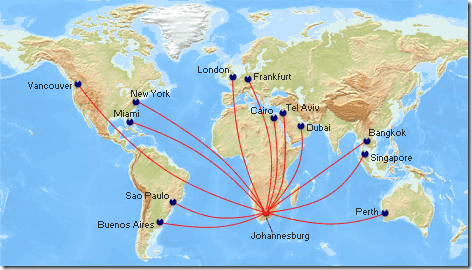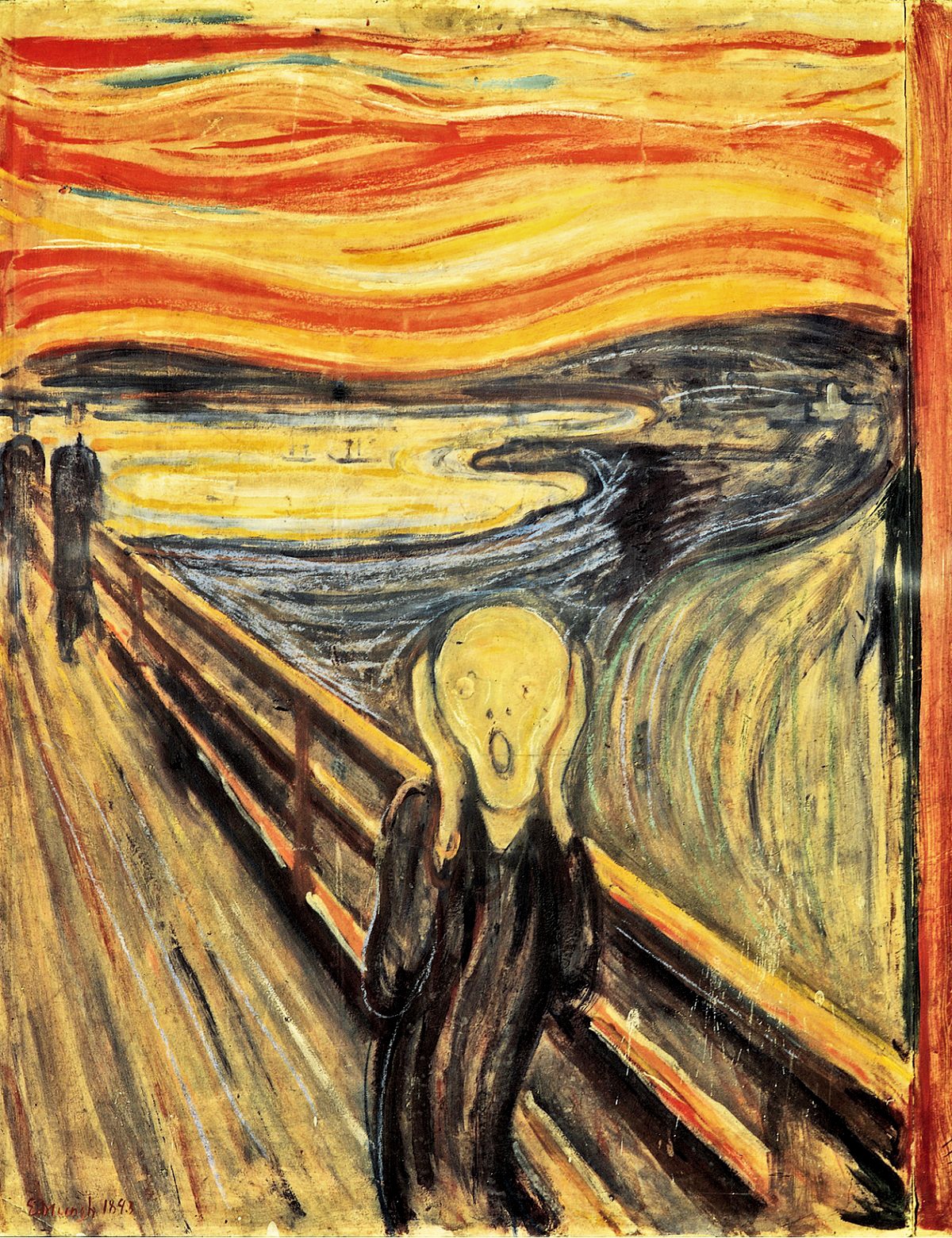
History is what is left when everything has been lived, done and sits dusting. There are always stories to be told and written, but the number of pages will vary. And so will the time frame. When we tell stories, we relive them, but we also recreate and revive them, for a brief moment. But they are not real, they merely exist to entertain ourselves and tickle our memories.
Know where you're coming from
When some particular stories get adopted by a community or a nation, they all converge to a cultural pantheon. People who fought for the land, who thought for progress, who planned for systems, who created for pleasure, and did so on a grand scale, they almost always become "heroes and heroines" for the locals. They are remembered, worshiped, praised and venerated for their genius and their contributions. At least, that is what books and bank holidays want us to believe.
There is something coercive about having to pay respect to a time forsaken well before our existence. When we commemorate, do we actually remember or do we blindly pretend to? Isn't it nothing else but vacuous customs designed to arrest time for a little while? We certainly would remember none of these "special" events if they didn't figure in our annual calendar.
So, remembrance doesn't have to be an institutionalised procedure. Most of the time, it is an individual experience of time travel that happens at any moment and any time, but is always triggered by a familiarly unfamiliar object. It can be that dining set you received at Christmas, the silver handcuffs you got for your birthday, the photograph of your first car, someone's face or name, etc. When our memories have been confined for so long in our mind that they are almost gone to oblivion, there comes the time to rewind.
Erase and remind
Of all the possible anchors for the rocking boat of our memories, music is the soundest. It carries forward sensations, emotions, recollections and reflections that have been preserved in our subconscious. Music mixes the most intimate moments we have lived and burns them on the inner layers of our mind so that they can be replayed at a later time. No words are needed, no ambiguity will interfere when nostalgia strikes through a few notes, a song or a prerecorded instrumental.
This is why we need artists, musicians, performers and other rocknrollas. The intensity of their art often tramples their own stories and individualities. Their talent is the real force that pushes the boundaries of life experiences and breaks down the confines of mortality. What we read in books are elaborate scripts written by erudites to impress our minds. What we really want is the power to explore our impressions without restriction.
Indeed, music gives us the freedom to relive and release our personal stories to the point where a singularity of events becomes the plurality of shared memories.
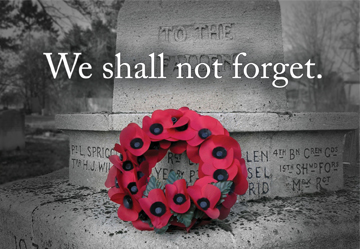
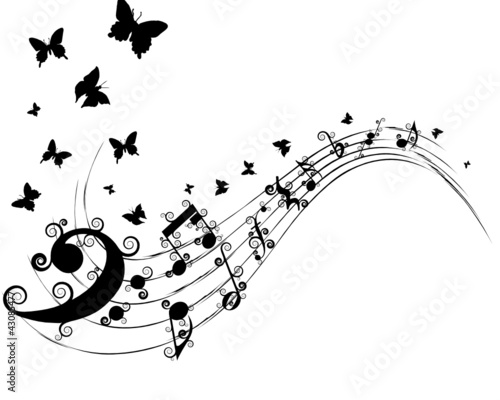


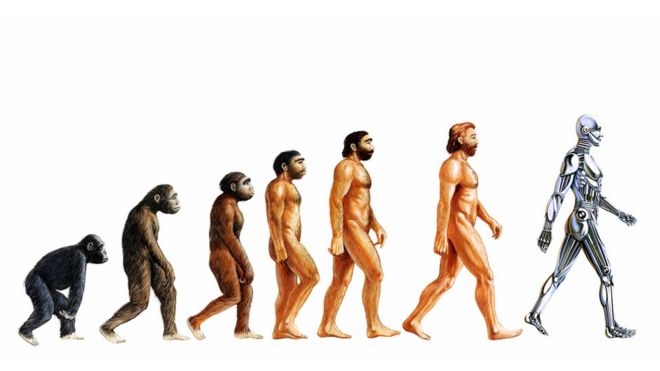

/https://public-media.smithsonianmag.com/filer/38/59/38591437-79ca-480a-bb46-c06ae575d38d/mars-curiosity-rover-msl-horizon-sky-self-portrait-pia19808-full.jpg)




